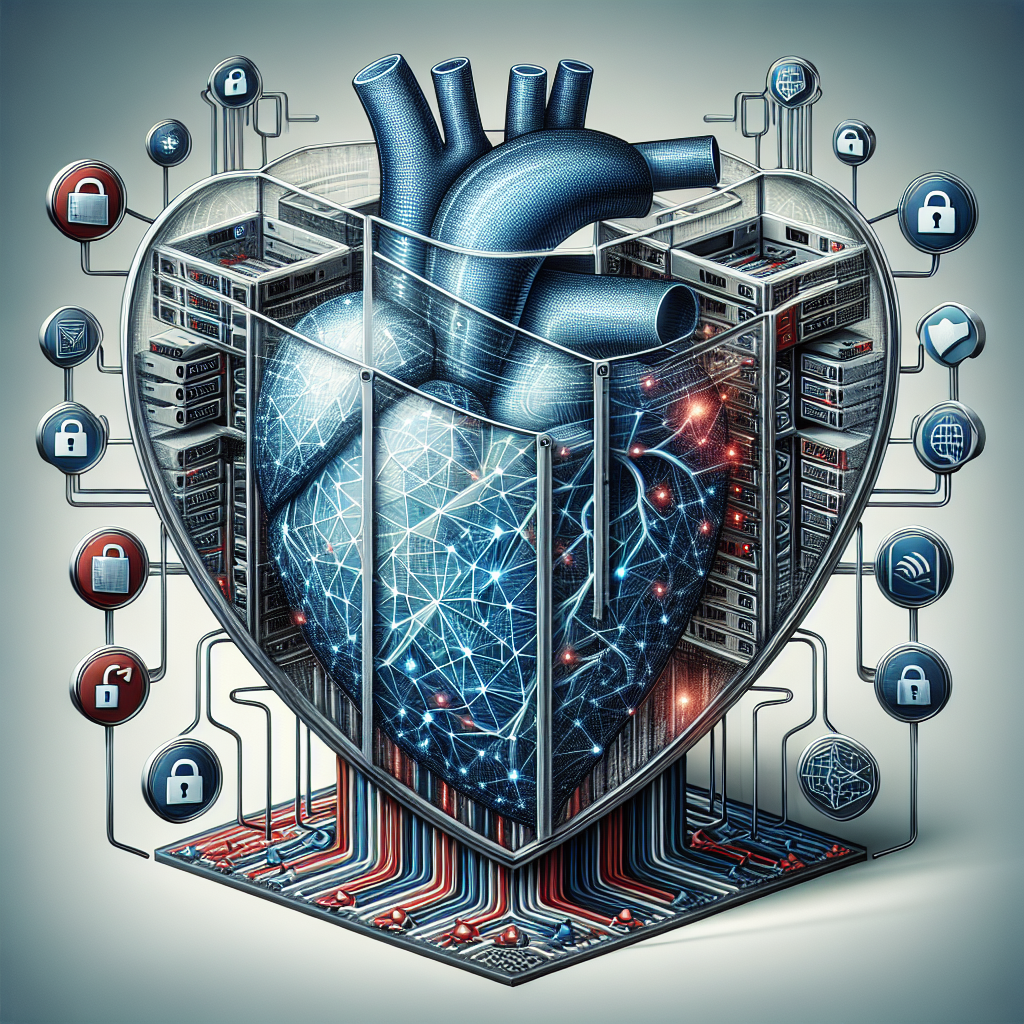Securing the Heart of Your Business: Data Center Security Systems Explained
In today’s digital age, data is the lifeblood of any business. From customer information to financial records, companies rely on data to drive their operations and make strategic decisions. With the increasing amount of data being generated and stored, it has become crucial for businesses to prioritize data center security systems to protect their most valuable asset.
Data center security systems are a set of measures and technologies designed to safeguard the physical and virtual infrastructure of a data center. These systems are essential for preventing unauthorized access, protecting against cyber threats, and ensuring the availability and integrity of data.
One of the most important components of data center security systems is access control. Access control systems use authentication methods such as passwords, biometrics, and security tokens to verify the identity of individuals seeking access to the data center. By restricting access to only authorized personnel, businesses can minimize the risk of insider threats and unauthorized access to sensitive data.
Another key aspect of data center security systems is surveillance. Video surveillance cameras are installed throughout the data center to monitor and record activities in real-time. This not only deters potential intruders but also provides a way to investigate security incidents and identify the individuals responsible.
Firewalls and intrusion detection systems (IDS) are also critical components of data center security systems. Firewalls act as a barrier between the data center and the internet, filtering out malicious traffic and preventing cyber attacks. IDS, on the other hand, continuously monitor network traffic for suspicious activity and alert security personnel to potential threats.
Physical security measures, such as perimeter fencing, security guards, and biometric access control systems, are also essential for protecting the data center from physical threats. These measures help prevent unauthorized individuals from gaining access to the data center and ensure that the physical infrastructure is secure.
In addition to these measures, businesses should also implement data encryption, data backup, and disaster recovery plans to further enhance the security of their data center. Data encryption protects data in transit and at rest, while data backup and disaster recovery plans ensure that data can be quickly restored in the event of a security breach or natural disaster.
In conclusion, data center security systems play a crucial role in protecting the heart of your business – your data. By implementing a comprehensive security strategy that includes access control, surveillance, firewalls, IDS, physical security measures, data encryption, and disaster recovery plans, businesses can safeguard their data from both physical and cyber threats. Investing in data center security systems is not only a smart business decision but a necessary one to ensure the long-term success and growth of your organization.


